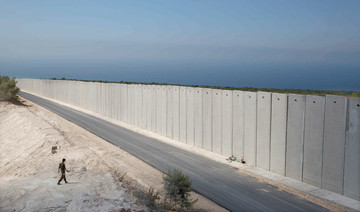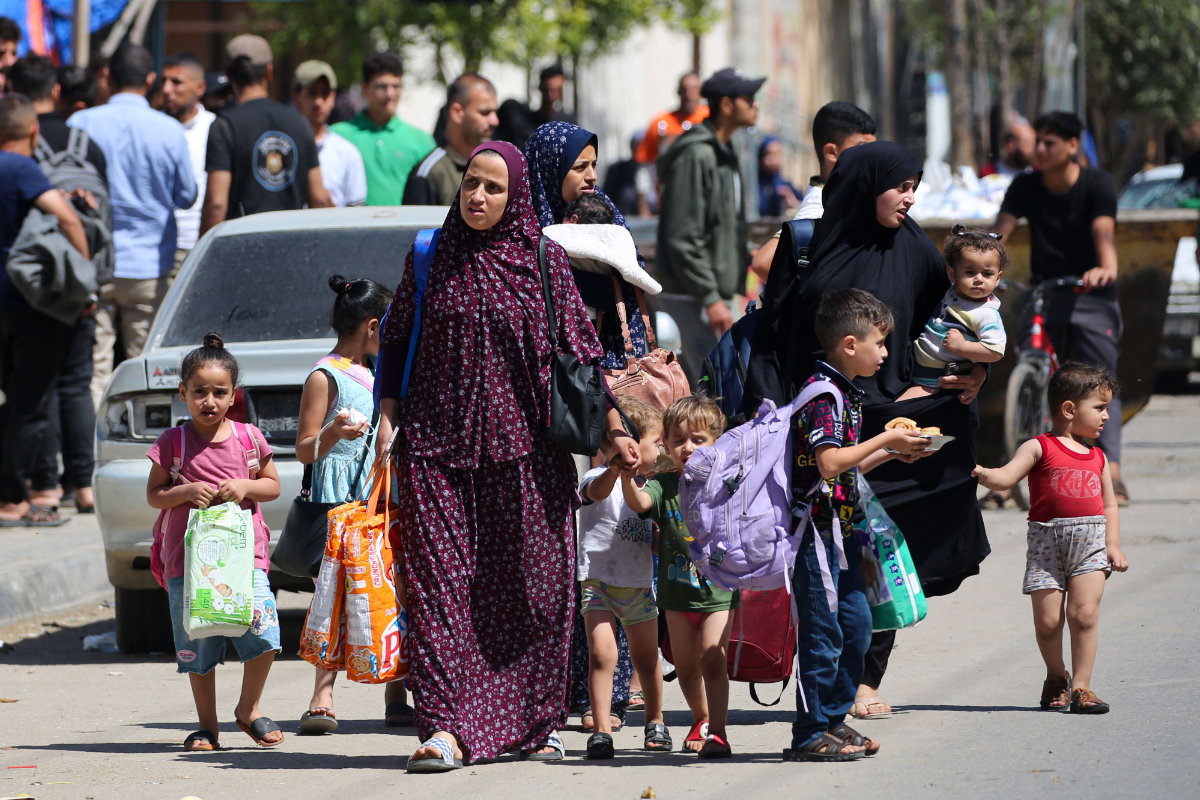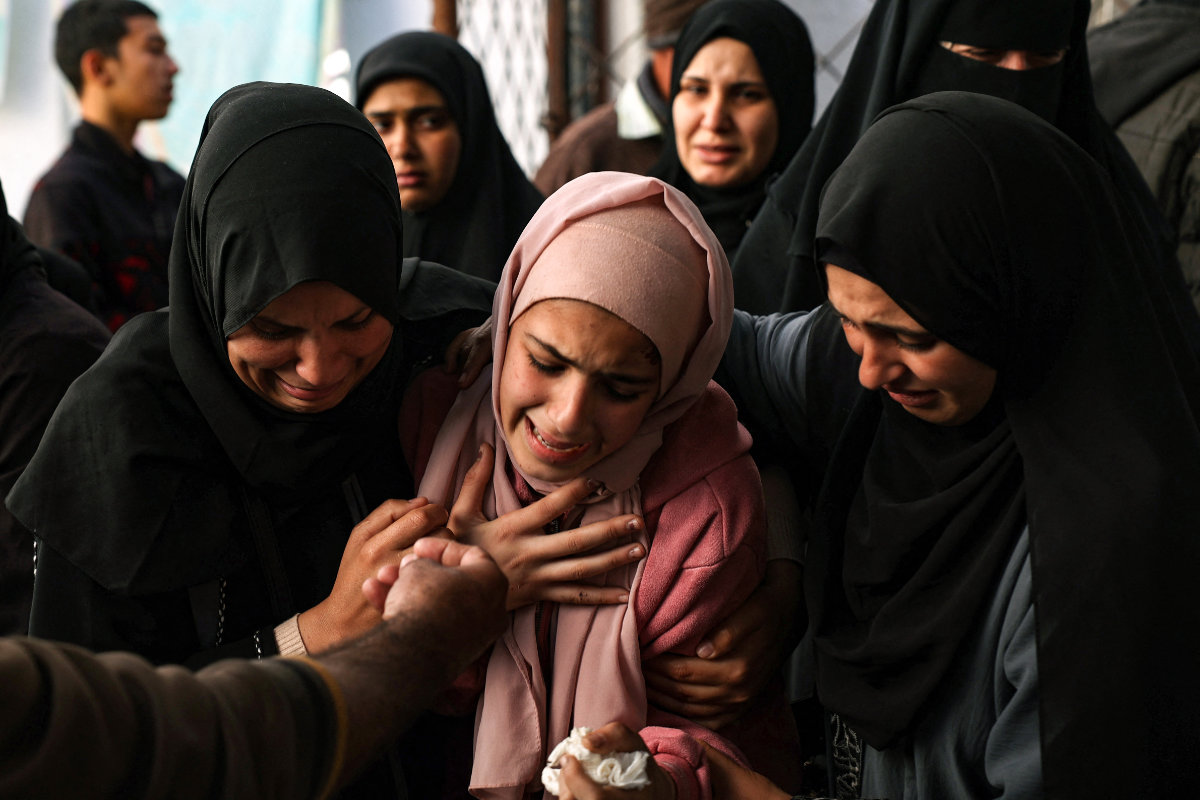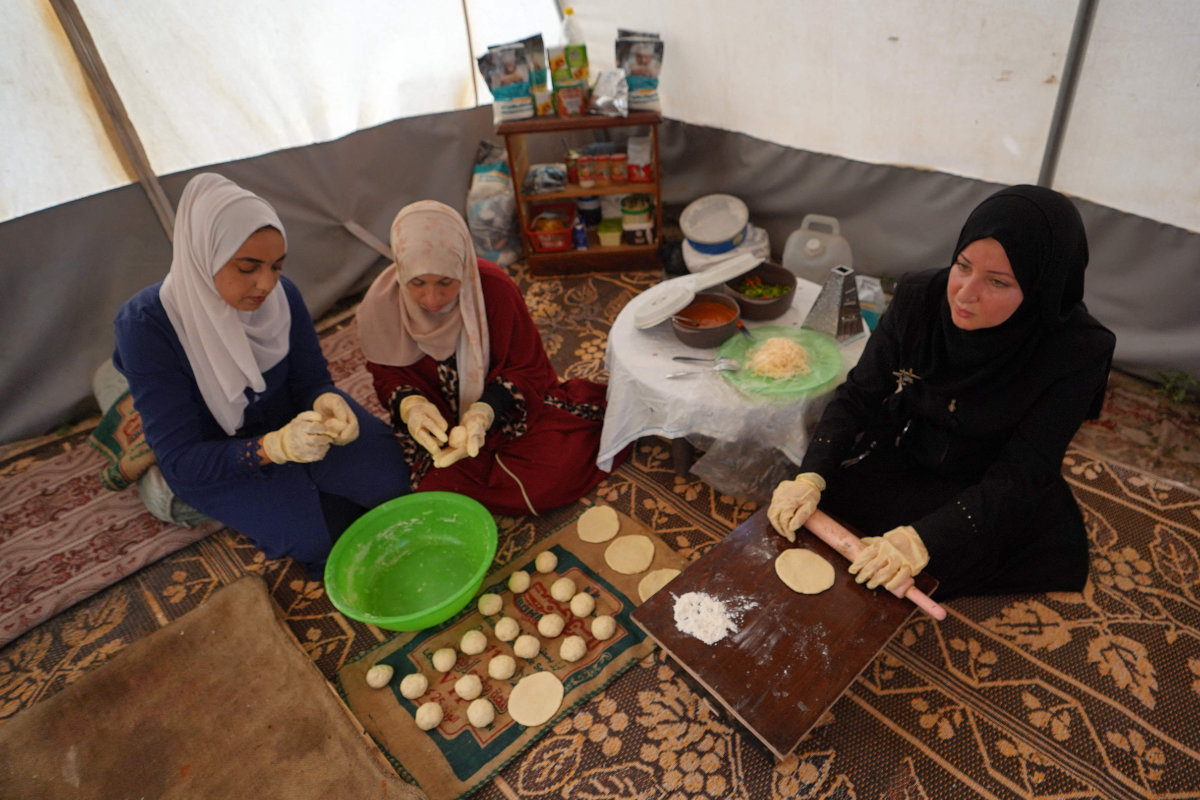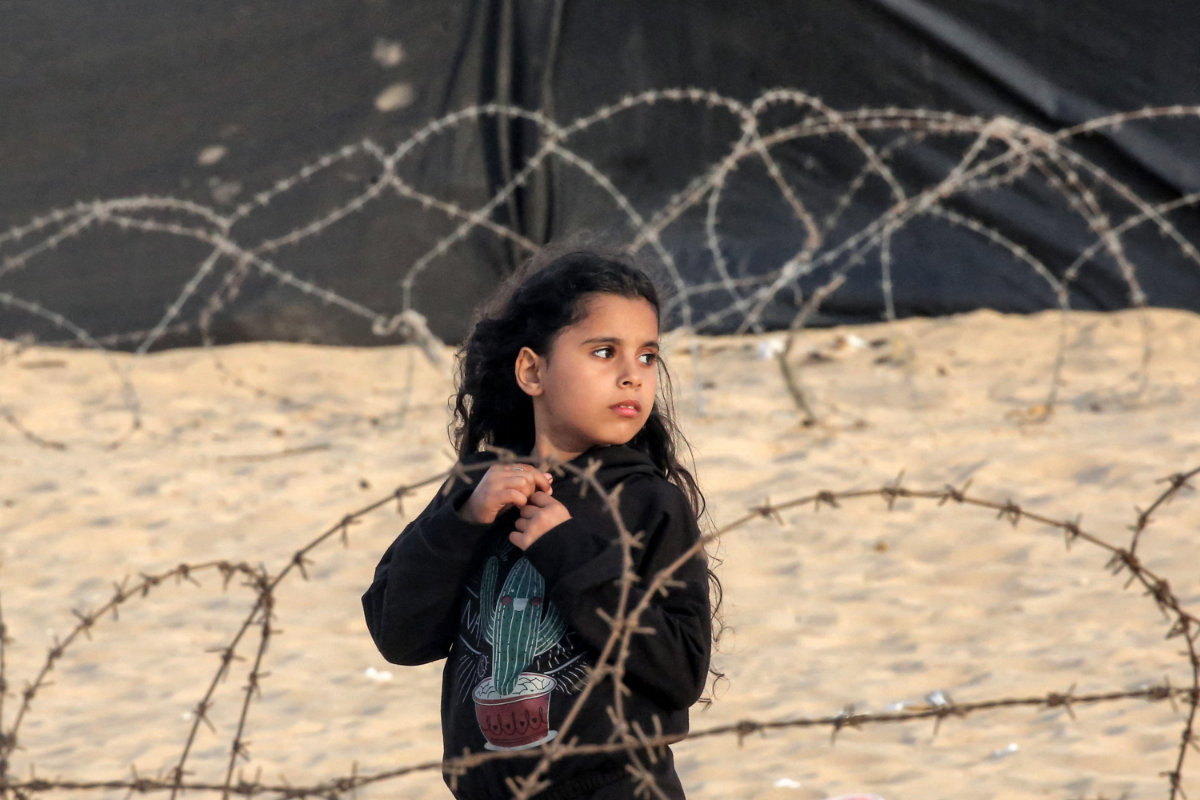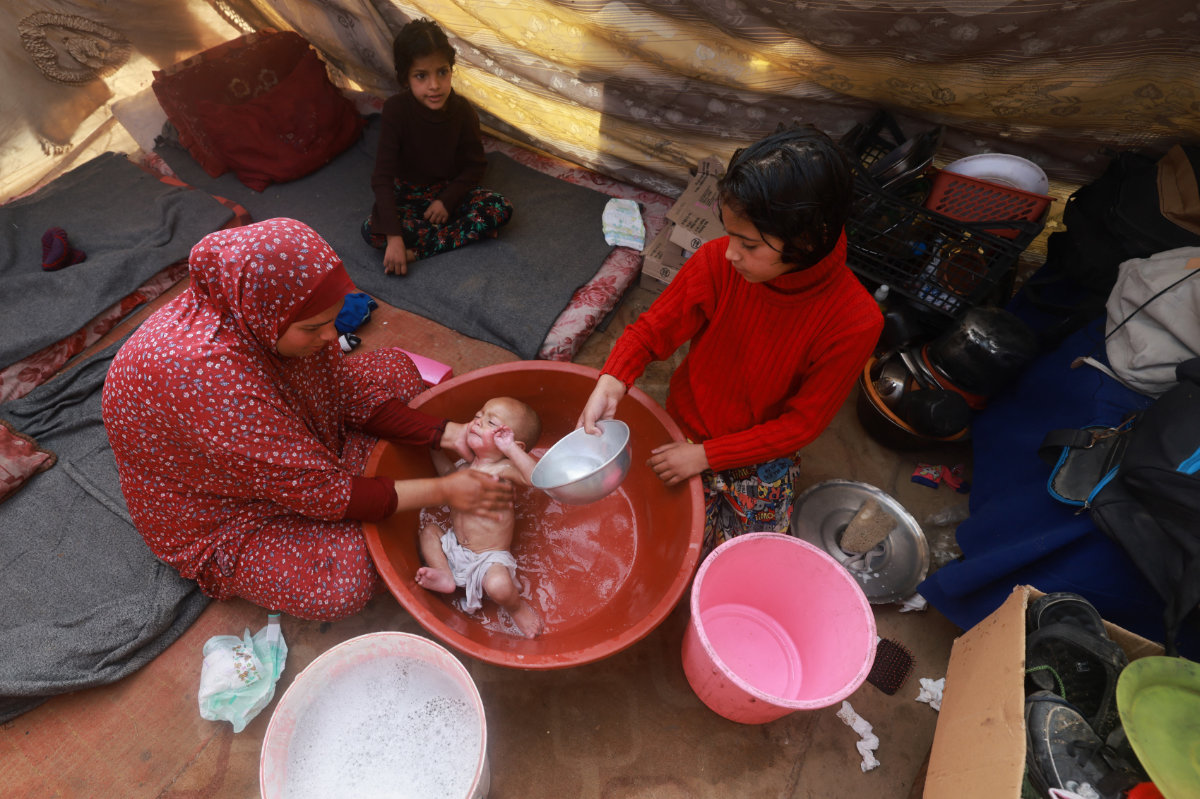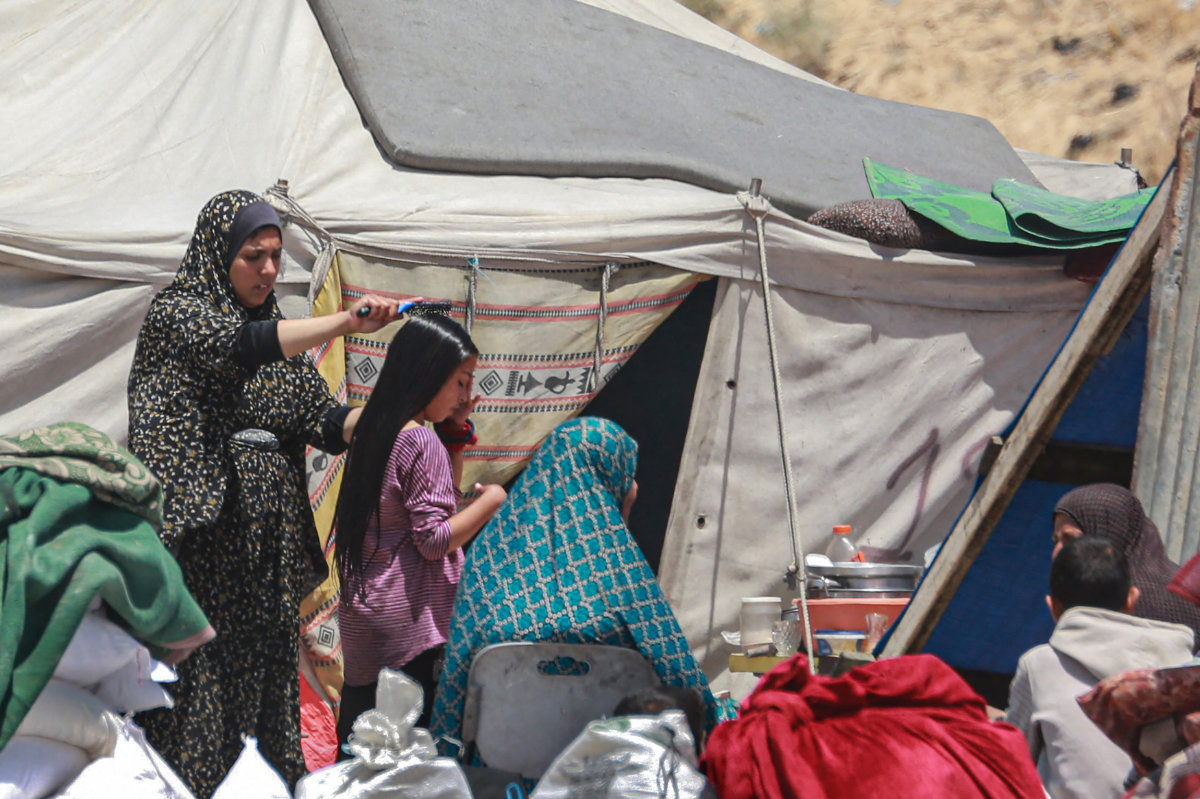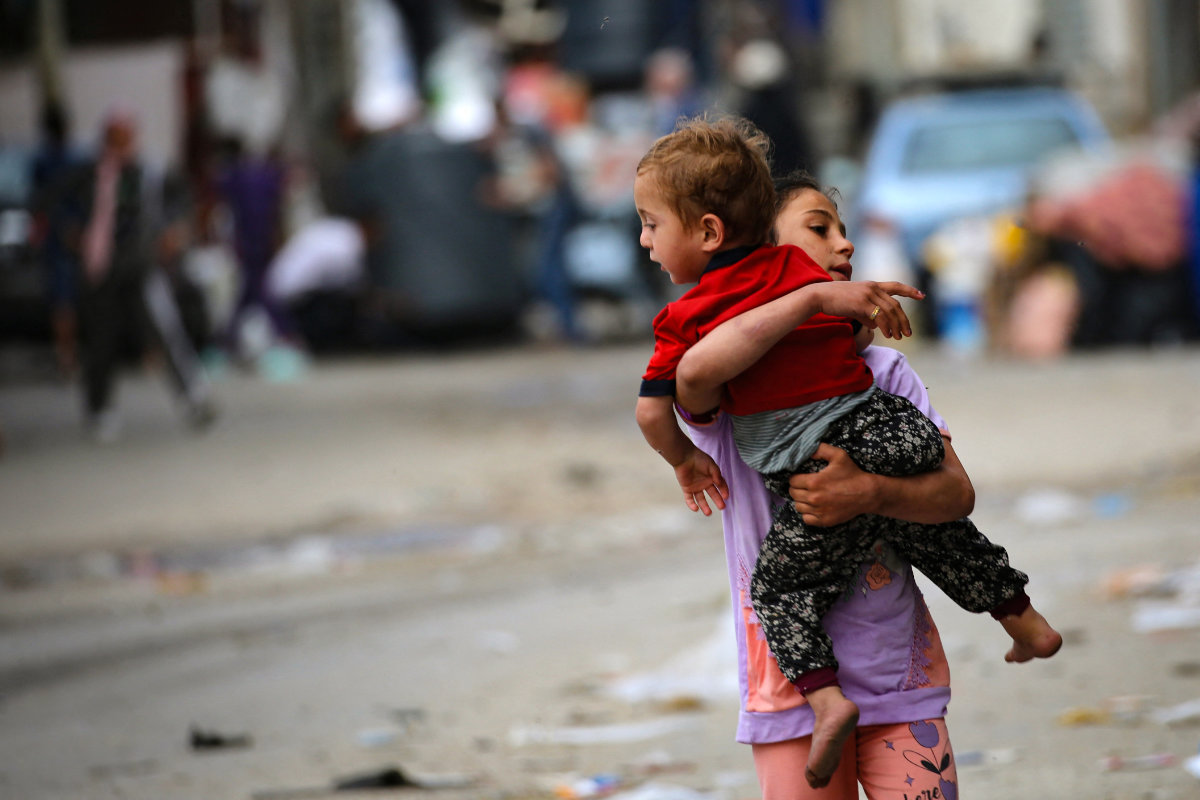BEIRUT: Tension is rising in Lebanon following disparaging comments made by former minister Wiam Wahhab about Prime Minister Saad Hariri and his late father, former Premier Rafik Hariri.
Wahhab, a Druze, is a member of the March 8 Alliance, which also includes Hezbollah and is aligned with the Syrian regime.
A video emerged a few days ago of a gathering at which Wahhab could be heard making personal insults against certain individuals. Although he did not specify whom he was targeting in the video, it is widely assumed that he was referring to the Hariris.
Wahhab also targeted the president of the Progressive Socialist Party, Walid Jumblatt.
Supporters of both sides have taken to the streets in recent days. Wahhab’s supporters led motorcades to Moukhtara, the small town in which Jumblatt resides, on Thursday night. Jumblatt’s response was that “Moukhtara is a red line, whatever the regional balance.”
The Lebanese Army stated it had “seized 25 vehicles and arrested 57 of the people participating in the motorcades and confiscated their weapons and ammunition,” adding that the detainees and the seized weapons and ammunition had been referred to the relevant judiciary, and an investigation had commenced.
Officials from the Future Movement and the Progressive Socialist Party (PSP) stated that Wahhab’s rhetoric “is way out of line and resembles the campaigns that targeted former PM Rafik Hariri and (president of the PSP and leader of Lebanon’s Druze Walid) Jumblatt prior to the assassination of Rafik Hariri in 2005.”
Jumblatt suggested that Wahhab was “sending out orders” through his statements.
Allies of Hariri filed a lawsuit against Wahhab, accusing him of “stirring strife and risking civil peace,” which was accepted on Friday by State Prosecutor Samir Hammoud.
Wahhab was referred to the Information Department of the Internal Security Forces (ISF) for investigation. Wahhab’s lawyers refused to receive a summons for their client on Friday.
On Saturday afternoon, ISF officers went to Wahhab’s residence in Jahlieh to bring him in for questioning. Wahhab was not there, but one of Wahhab’s aides, Mohammad Abou Diab, was shot in what the ISF claim was unilateral fire from “unidentified gunmen” after Wahhab’s supporters began firing “randomly.” The ISF claims its officers did not open fire. Abou Diab later died from his wounds.
In a televised statement, Wahhab accused Hariri, Hammoud and ISF director general Maj. Gen. Imad Osman, of “planning to assassinate him” and spoke of “an insult to his dignity.” He said: “Blood has been shed — who will bear responsibility for it?” Wahhab also warned Hariri that Lebanon is on the path to “war,” and said the prime minister should negotiate with Hezbollah secretary general Hassan Nasrallah.
Jumblatt met with the prime minister on Saturday evening. Talking to the press afterwards, Jumblatt said that events had put “the dignity of Lebanese citizens” at risk.
“The state has done its duty and we support it. We cannot continue to tolerate this abnormal situation,” he said. “We stand by PM Saad Hariri and reject any attack against him or his position, just as we reject the use of insults, especially at this stage, which requires discretion and not offensive discourse.
“I hope the government can be formed without (violence) slipping into the streets,” he added, referring to Hariri’s struggle — ongoing since May 24 — to form Lebanon’s government.
A senior PSP official said Jumblatt was convinced Wahhab’s campaign against Hariri was part of a plot by the Syrian regime, adding that “an outside party” is hindering the formation of Lebanon’s government.
Moustafa Allouch, a member of the Future Movement’s political bureau, told Arab News: “The blood that was shed in Jahlieh is the responsibility of whoever caused it and used people as human shields.” He called on the ISF to conduct a criminal investigation to find out who had shot Abou Diab.
“What Wahhab has done is an offense that stirs sectarian strife, and what happened in Jahlieh is that Wahhab sold the life of his supporter to cover the charge against himself,” Allouch added. “Wahhab deserves to go to prison for a long time because he knew what the repercussions of his discourse would be.”
Another Future Movement member, Rola Tabash Jaroudi, told Arab News: “What happened reflects the low level of political discourse in Lebanon, and counts as an insult to the government, the prime minister and Lebanon as a whole,” adding that “the perpetrator must be held accountable.”
She also warned that the Lebanese people “can no longer tolerate this kind of pressure and provocation” and stressed the need for the government to be formed as quickly as possible, urging all parties to “withdraw unfair demands.”
UAE Ambassador to Lebanon Hamad Saeed Al-Shamsi, said, “We must stand by PM Saad Hariri, and all the people of Lebanon must understand that it is in their country’s interest to have the government formed, especially as (Lebanon hosts the Arab Economic and Social Development Summit in January). How can Lebanon participate effectively without a government?”



